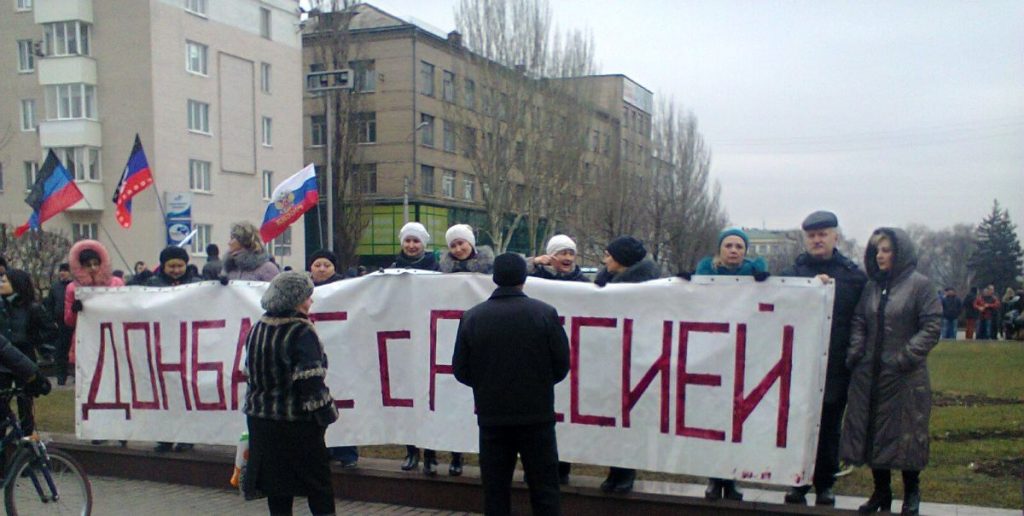Contrary to Kremlin myths, there was never widespread conflict over language in eastern Ukraine.
Others are reading now
Contrary to Kremlin myths, there was never widespread conflict over language in eastern Ukraine.
Donbas residents feel local first
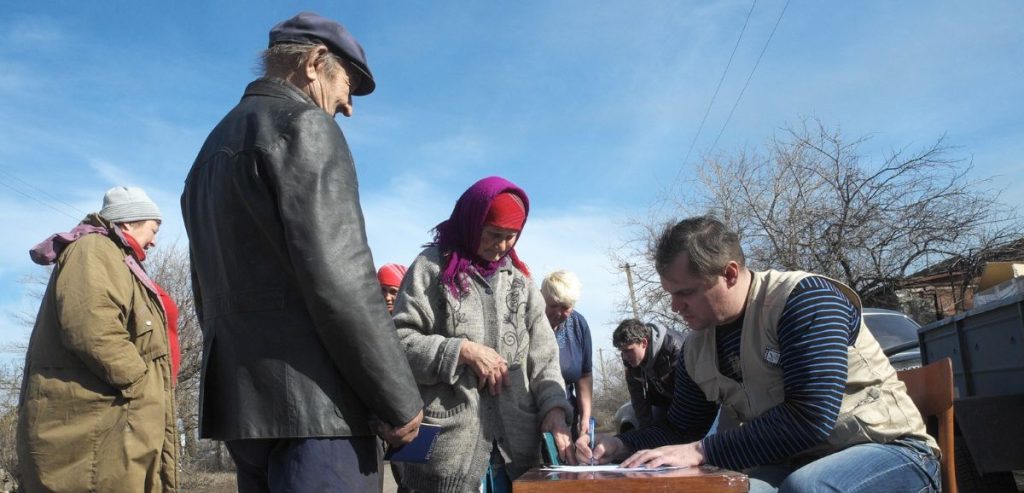
Many people in the Donetsk region identify strongly with their town or district rather than a larger national idea.
For years, local identity shaped how people viewed politics and culture.
However, the ongoing war has steadily strengthened their Ukrainian identity, not because they once felt Russian, but because of how much has changed since 2014.
“This is my land, regardless of who holds power here”
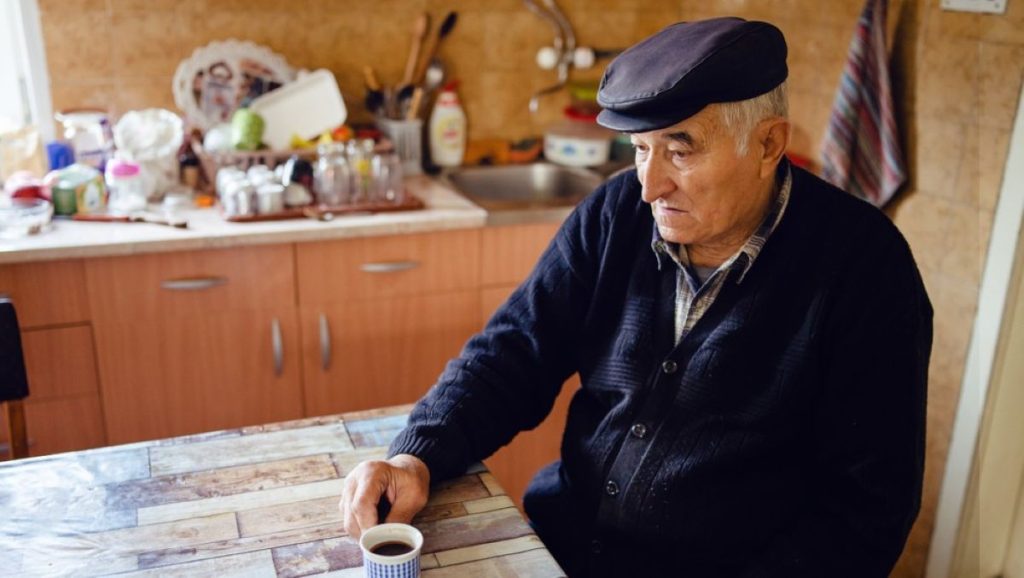
Before the war, most people in eastern Ukraine felt little connection to Kyiv. A resident of Avdiivka once said,
Also read
“This is my land, regardless of who holds power here, Ukrainian or Russian.”
That sense of belonging was based on familiarity and geography, not national politics.
Russia twisted this feeling to justify its invasion, mistaking regional pride for pro-Russian sentiment.
Language never divided people
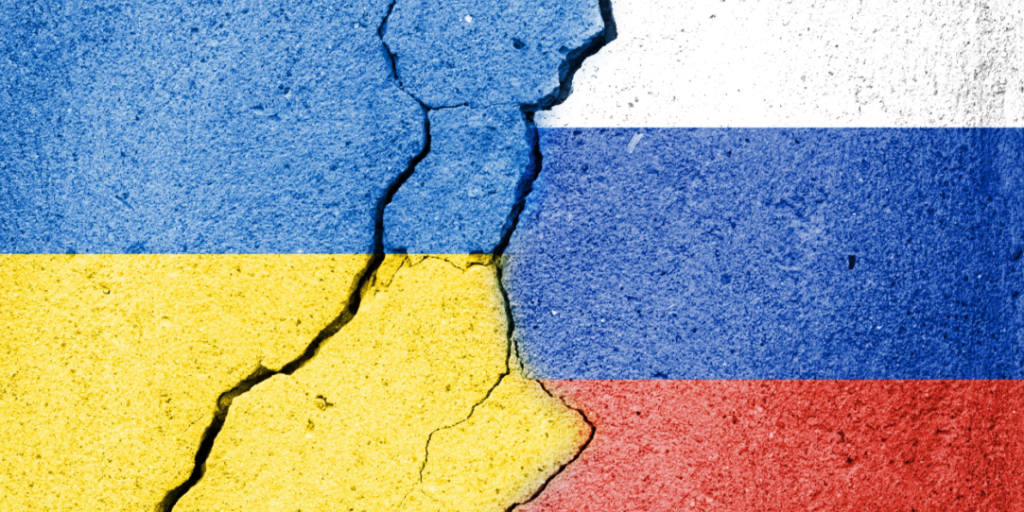
Contrary to Kremlin myths, there was never widespread conflict over language in eastern Ukraine.
People commonly spoke surzhyk, a blend of Russian and Ukrainian. Everyone understood both languages.
Also read
Difficulty with Ukrainian was often due to education, not discrimination.
Today, younger generations in Donbas speak Ukrainian more fluently than ever before.
Soviet nostalgia was exploited
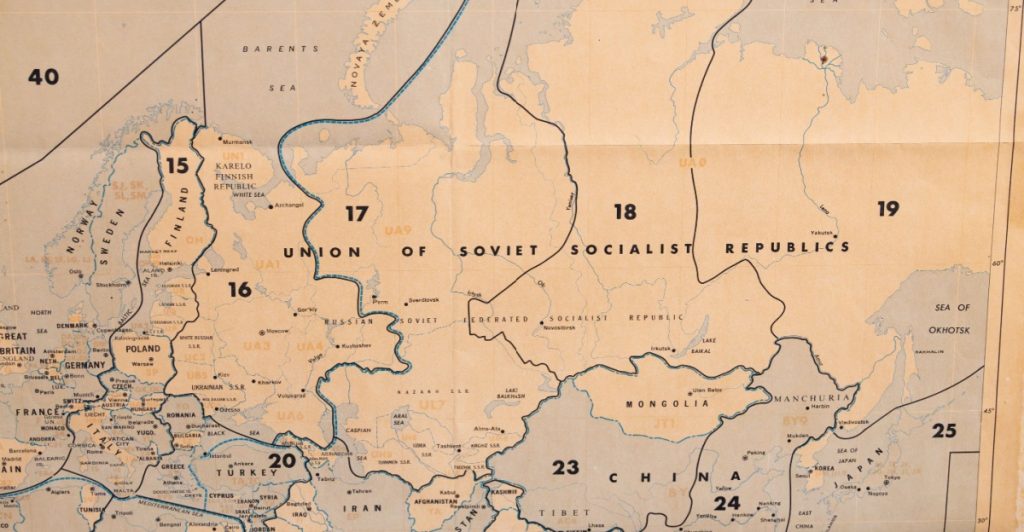
Older residents often miss the shared space of the former USSR, not out of loyalty to Moscow, but out of habit.
They watched Russian television and held onto familiar routines.
Politicians like Yanukovych appealed to this nostalgia with a “regional” message, but support for his party did not mean support for joining Russia.
Also read
Misinformation spreads fastest where education is weakest
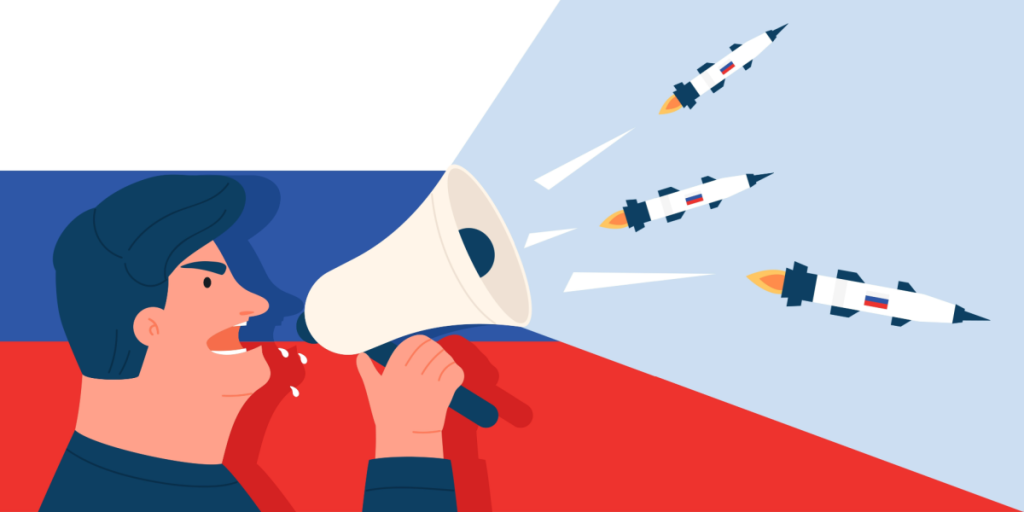
Russian propaganda takes root in vulnerable communities.
Some residents believed absurd claims, that Ukraine shells its own cities, or that Russia will give them homes and jobs. But these views don’t represent a united group.
Most people voted for pro-Russian parties in the past simply hoping someone could negotiate peace with both Kyiv and Moscow.
The 2014 referendums were more about fear than secession
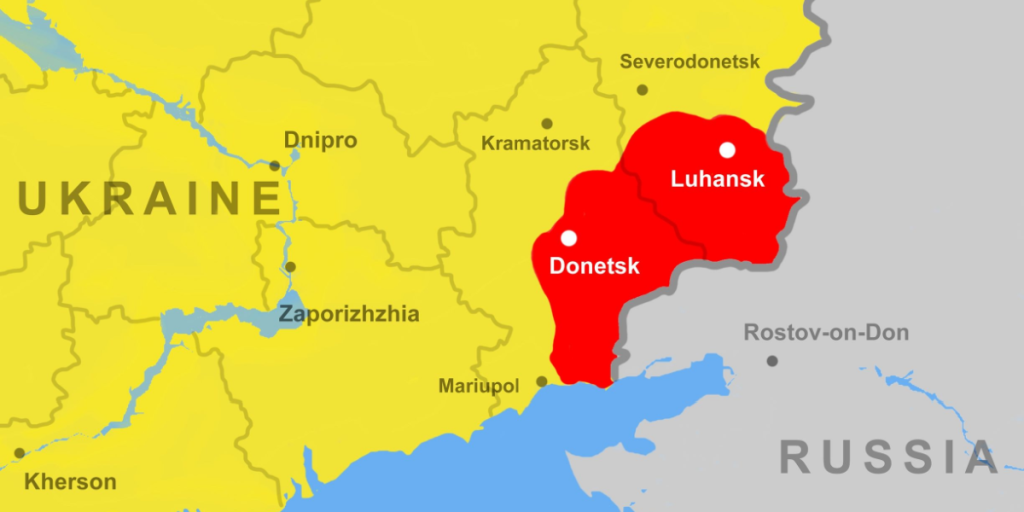
The so-called referendums in Donetsk and Luhansk cannot be seen as legitimate.
They lacked legal standing, public debate, and transparency.
Also read
Many people participated out of fear and uncertainty, not to leave Ukraine, but in hopes of gaining more local control.
Some even saw it as a symbolic way to push back against Kyiv’s dominance, not as a vote to join Russia.
War reshaped identity: “Now we are part of Ukraine”
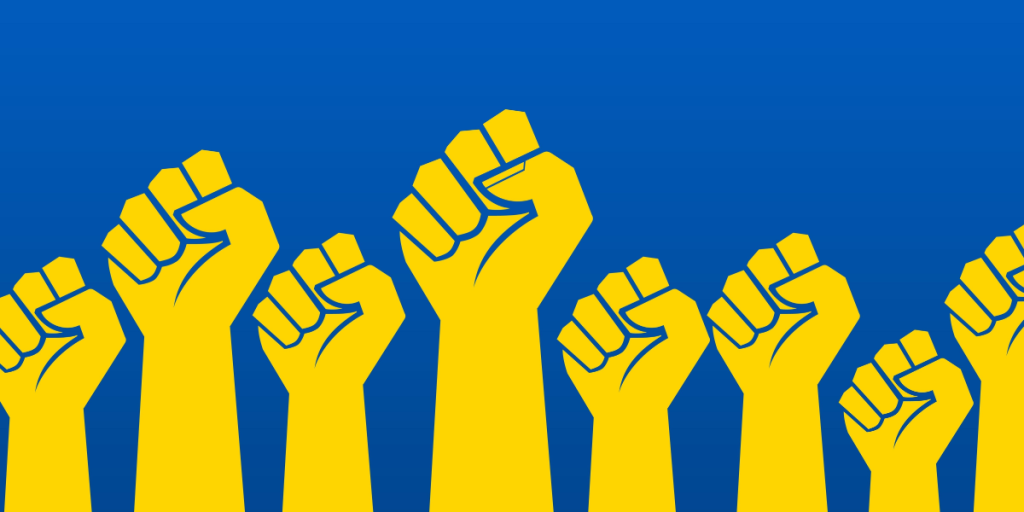
Since 2014, especially through contact with volunteers, many people in Donbas have changed their view of Ukraine.
A volunteer once asked how to help local youth.
The answer was simple: “Don’t persuade them, invite them to Lutsk.”
Also read
When young people saw Ukraine for themselves, they realised it was a European country they could belong to.
Now, many still criticise the government, but not the idea of Ukraine itself.
Donbas lives with shelling
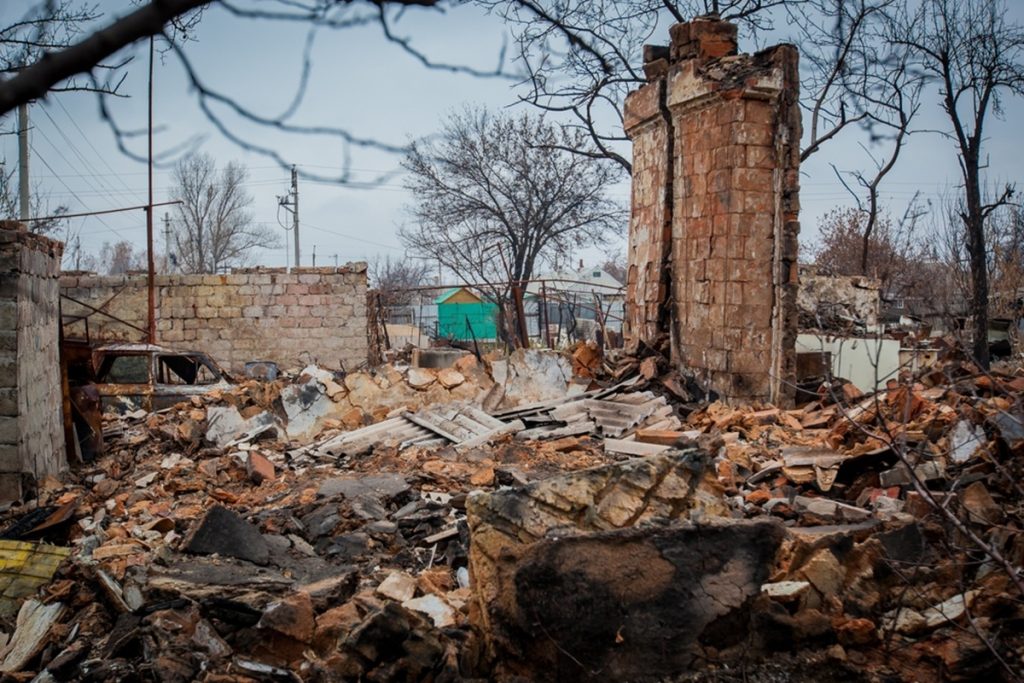
The experience of war in Donbas is far more intense than in Kyiv.
In the capital, people have warning systems and a few minutes to react. In Donbas, shelling can be constant and without warning.
Over time, most people have come to understand who is responsible.
Also read
As one local put it, “An entire state is working to kill you.”
Despite lingering myths, most now know the threat comes from Russia.

